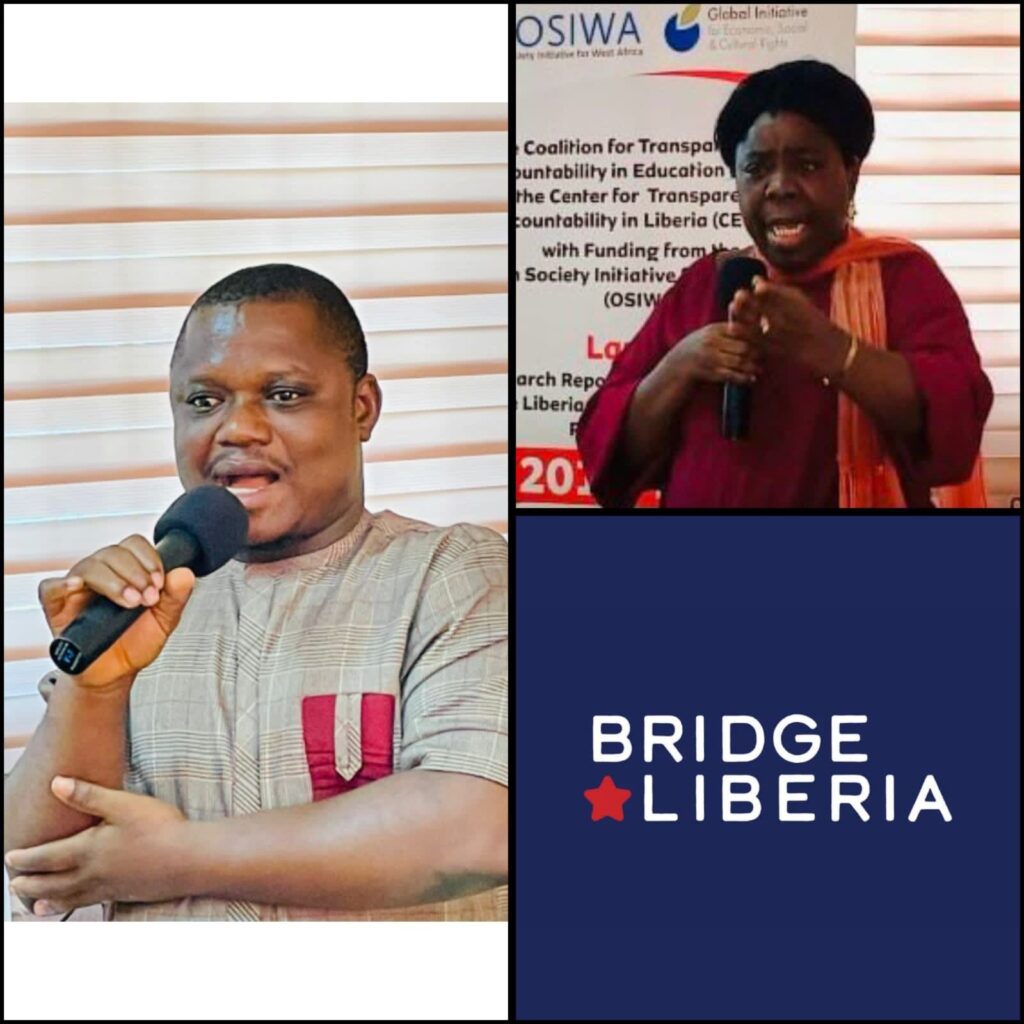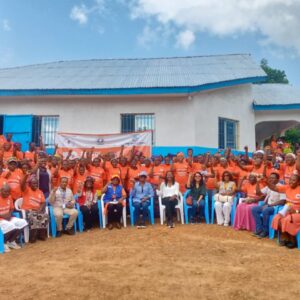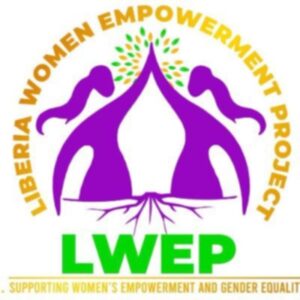“Let Bridge Go” NTAL Chairperson Reacts to COTAE’s LEAP Research Report

By: Laymah Kollie
Liberia: The Chairperson of the National Teachers’ Association of Liberia (NTAL) Madam Mary W.M Nyumah has expressed total dissatisfaction in Bridge International Academies (Bridge Liberia) operations of the Liberia Education Advancement Program (LEAP). The Teachers’ leader in her statement requested the removal of Bridge Liberia on the government’s biggest educational program.
Her request comes following a Research Report launched by the Coliation for Transparency and Accountability in Education (COTAE) through the Center for Transparency and Accountability in Liberia (CENTAL) on the implementation of the LEAP program by Bridge Liberia.
The report was released on February 15,2024 at Corina Hotel in Monrovia.
The Liberia Education Advancement Program LEAP), initially known as Partnership Schools for Liberia (PSL) was initiated by the Government of Liberia in 2016 and saw the government transition public schools into private management in an effort to improve access and quality in education.
Releasing the report, Mr. Anderson D. Miamen, Sr. Executive Director of CENTAL outlined key findings during the research, which include: Lack of evidence-based expansion and scale-up, Limited transparency, participation, and accountability regarding decision- making, availability of information and finances related to LEAP, Lack of respect for the rule of law, Conflict of interest, Unequal playing field for LEAP providers-Preferential treatment of BIA, Fundraising and sustainability issues, and Unfulfilled verbal promises to schools
and communities, among others.
Reacting to the report, the Chairperson of the National Teachers Association of Liberia Madam Mary W.M Nyumah confirmed COTAE’s findings in the operation of Bridge Liberia.
According to Madam Nyumah, the students and teachers participating in Bridge’s Program are in distress. She stressed, it is time Bridge Liberia be removed from the program.
“The teachers are crying, the students are crying so we need to stand up! Let bridge go, we don’t need them. We spoke on those things but nobody listened to us. There are lots of things Bridge did and we need to stand up. Anderson we are in this together, and we are ready!” She said.
The report also confirmed other research findings on the implementation of the program.
During the early years of LEAP, independent monitoring and evaluation reports – some commissioned by the Government of Liberia and the Ministry of Education – established that the prime provider, Bridge International Academies (BIA), also known as Bridge Liberia, paid teachers inadequately and required them and other school staff to work longer hours without extra benefits; kept students in school longer than usual without providing meals; and had a very poor relationship with stakeholders in the community (parents, teachers, local education officials, civil society, etc.).
Furthermore, they found out that the company’s costs were far higher than those
of its competitors, and that “higher costs do
not necessarily correlate with higher learning gains”.1 The LEAP lacked transparency, resulted in transferring unqualified teachers to other public schools (with full backing of the Ministry of Education) and introduced class caps that denied many students, access to their original schools.
Several years later, many of the initial concerns and controversies about LEAP in general, and about Bridge International Academies in particular, remain. Concerns regarding sustainability still linger, as providers are struggling to mobilize the requisite resources to fund their operation. Of the eight LEAP providers who began operating schools in 2016, four have dropped out of the program mainly due to lack of funding. Brac Liberia, Omega, and More Than Me (which later became Hill Top), have all exited the program, some abruptly doing so without adequate notice to the schools and communities in which they once operated. Stella Maris never actually took over management of the schools assigned to them throughout the program.
2. Controversies around BIA’s treatment of
teachers and other education staff persist.
During the COVID-19 outbreak in 2020, the
company reduced the salaries of several staff by over 90%, against the government’s regulations and guidelines. Upon the intervention of the Ministry of Labour and other authorities, including the Liberian Legislature/Parliament, this decision was later reversed.
Bridge Liberia is yet to officially respond to the research report.
Meanwhile, other stakeholders in the event appreciated COTAE for the research done and promised to make adequate use of it.
Hon. Dorbor Jallah of Cater Center and Commissioner General of Liberia Revenue Authority, officially launched the report, lauded CENTAL and partner for the initiative.
According to him, Education is everyone’s business, as such; everyone should get involved in providing a quality education for Liberian children.



